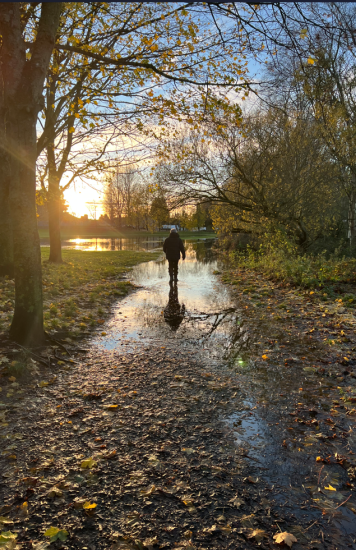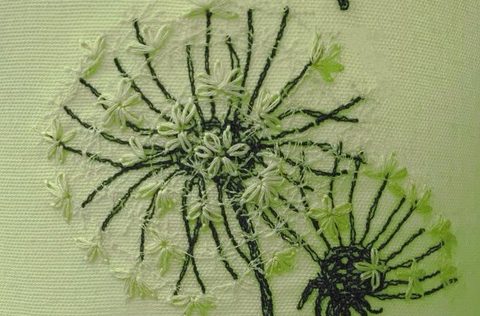The Person-centred Approach
The American Psychologist Dr Carl Rogers developed the Person-Centred Approach. It takes a positive, optimistic view of human nature and is a growth, rather than a deficit, model. Most approaches to counselling and human emotional distress make assumptions.
- That the cause of the difficulty is a deficit in the client (wrong thinking, CBT)
- Powerful and destructive subconscious forces which they do not understand (Psychodynamic/psychoanalytical)
- A chemical disbalance in the brain (Psychiatry)
In contrast, a growth model assumes that people have within themselves vast resources for self-understanding and for altering their self-concept, underlying attitudes, and self-directing behaviour. The task of the counsellor is to facilitate this growth. This is achieved by offering a non-judgemental, valuing environment where clients can truly be themselves. The therapist becomes collaborative rather than oppositional. The client is free and stops defending their maladaptive position and growing. This Approach has an impressive history, with more than 70 years of evidence-based research confirming its effectiveness.

Areas of Specialism
Working with couples and relationship issues forms an essential part of my work. I also train experienced counsellors to work with couples and relationship issues.
Growing out of my couple's work has been my increasing understanding of the effect of Autism on relationships, and this has become increasingly important in my work over the last two decades. It is disproportionately present in the couples I see. Some are unaware of autistic traits, while others secretly suspect them.
In addition to couples and Autism, my caseload currently includes a wide range of presenting problems, including depression, stress and bereavement, and sexual and physical abuse.

Couples
I started counselling couples right from the beginning of my counselling career, I have always found this work fascinating, and this strong interest continues to this day. About 20 years ago, I started to suspect that the Person-centred Approach had something unique to offer couples counselling. Just as with individual clients, a non-confrontational, non-judgemental approach to couples lets them hear and respect one another. My entire focus with couples is not to judge them but to support them in their communication.
Even if they separate, which does happen, but not often, they are likely to have an ongoing relationship through their children as holidays, Christmas, graduation, marriage and grandchildren appear.

Autism (previously Asperger's Syndrome)
My other area of knowledge and high interest is Autism (also known as Asperger's Syndrome until 2014). This may be an individual client, one of a couple, or both in a couple. This can cause additional problems for a couple, and their couple's counsellor must have a good knowledge of the Autistic Spectrum. We call the person with Autistic Traits "AS" and those with no, or very few, traits "NT" (Neuro-typical). If I see a couple, I help them to understand one another. If I see an individual with AS traits, I help them to understand and communicate in the NT world.
I am not a Psychologist, so I am not qualified to diagnose Autism. I am, however, very experienced at working with AS clients.
© Allan Turner
Powered by WebHealer
